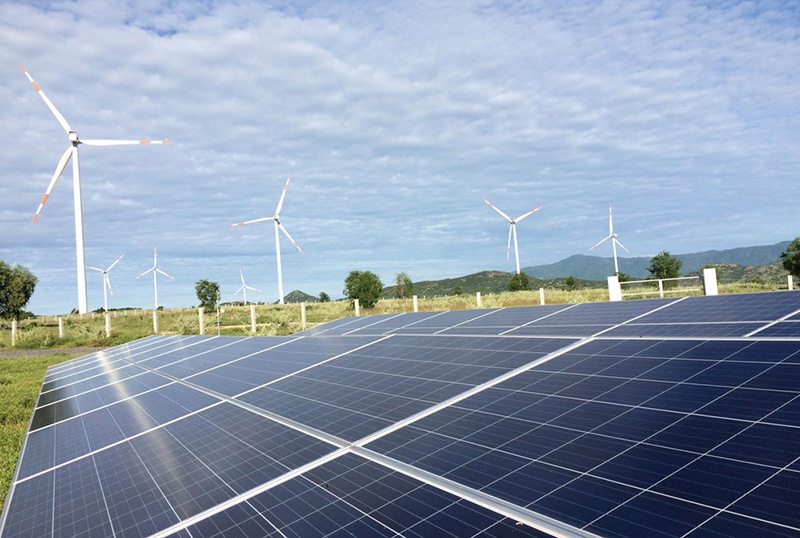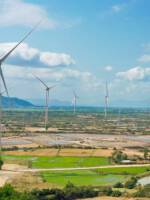
At the seminar ‘Global Climate Partnership 2024,’ held by Swiss-based investment fund manager responsAbility Investment AG on Monday, experts and policymakers agreed that the Southeast Asian country needs effective solutions to respond to climate change, specifically taking advantage of green finance from international organizations.
Climate change may cost the global economy $38,000 billion per year until 2050, which would leave an enormous impact on both developed and developing countries, according to Trinh Thi Huong, deputy head of the Enterprise Development Agency under the Ministry of Planning and Investment.
With over 3,200 kilometers of coastline and many low-lying cities and provinces, Vietnam is among the most vulnerable to climate change, Huong noted.
Climate change resulted in the country’s economic losses totaling about $10 billion in 2020, or 3.2 percent of its GDP, Huong cited an international study as saying.
Without suitable adaptation and mitigation measures, it is estimated that climate change could result in Vietnam losing about 12-14.5 percent of its GDP annually by 2050 and could push up to 1 million people into extreme poverty by 2030, she said.
In order to pursue its development plans while adapting to climate change and achieving net-zero emissions, Vietnam needs to invest an additional 6.8 percent of its GDP, or $368 billion, until 2040, according to Huong.
The involvement of private and international resources is important, besides the state coffers.
As a result, the country should create a favorable legal environment and encourage the participation of private enterprises in the response to climate change, the official added.
Nguyen Duc Lenh, deputy director of the State Bank of Vietnam (SBV)’s Ho Chi Minh City branch, informed that the central bank attaches much importance to green finance projects and will offer credit to environmental protection and emission reduction drives to head toward green growth.
The SBV called on credit institutions to mobilize green capital resources and launch financial packages for green and sustainable development.
Bui Quang Duy, deputy head of climate finance at responsAbility Investment AG, mentioned that financial institutions possess substantial funds dedicated to climate change adaptation, sustainable development, and green finance in various countries, including Vietnam.
Vietnam is responsAbility’s second-largest market and it plans to expand the cooperation with local partners in the coming time to develop a green ecosystem in the country.
Many enterprises seek to access green finance and have green projects but fail to get capital from banks and investment funds, said Pham Thi Ngoc Thuy, director of the office of the Private Economic Development Research Board under the prime minister’s Advisory Council for Administrative Procedure Reform.
She suggested removing bottlenecks to facilitate enterprises’ access to green capital.
David Ambadar from the German Agency for International Cooperation GIZ underlined the importance of utilizing green finance, creating mechanisms, and establishing platforms for trading carbon credits to gain access to international financial markets.
Thanh Ha – Ngoc Hien




